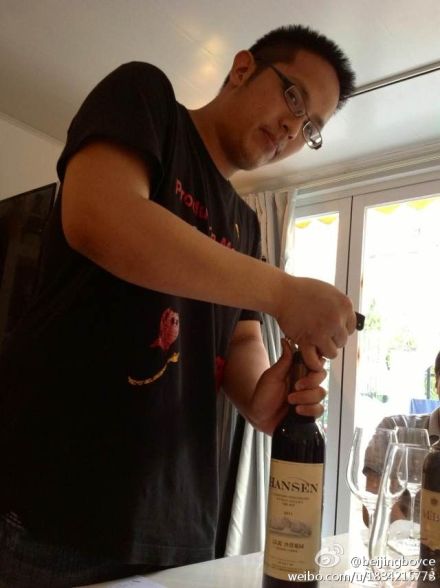
~
By Jim Boyce
Former restaurant / bar The Loop reopened as a wine shop last night in the Sanlitun area of Beijing. Owner Weiley Lu plans to stock ~150 wines, starting at ~rmb120 per bottle, and to hold cooking classes, wine seminars and occasional dinners — seats for the first one, a five-course meal made by mobile cooking operation Fatface and paired with Rioji wines, are already sold out. It will also serve as the office for Shanghai-based distributor Tinta Fina, which focuses on French and Spanish wines.
The Loop will initially open noon to 6 PM daily. To find it, go west on the street just behind Yashow Market in Sanlitun. It is on the same strip as Nearby the Tree, Two Guys and a Pie and the newest branch of wine shop Cheers.
A short Q&A I did with Lu:
Where are the best values in imported wine in China these days? Which countries, which grapes and which labels should consumers be looking for?i
Spanish wines have been growing steadily in China over the past few years. There are lots of events for trade professional and consumers to get to know these wines well. Wine has traditionally been linked closely with gourmet food and the Spanish culinary scene in Beijing has seen a big boom in Sanlitun, where it has been considered by consumers as more revolutionary and offering more value for money than its European competitors. Apart from Tempranillo, there are many local grapes and styles that are worth finding out about, such as Cava and Sherry.
You have dealt with a lot of first-time wine drinkers in China. What are two reds and two whites you would generally recommend for beginners?
Second Vin de LF: It’s a French wine made by Beijinger Liu Fan who has studied wine making in southern France. This wine is mainly a Grenache and Syrah blend and has a very approachable structure and tannin with lots of fruity aromas and a hint of spice.
La Formiga de Galena: This wine is produced in a new star region in Spain, with a very harsh climate that allows for wine with high complexity. The wine label has comic-style ants crawling over it and would leave a great overall impression for first time wine drinkers.
Libalis: It has a fun cartoon drawing as its label and is slightly sweet with lots of floral and honey aromas.
Cava Vilarnau Rosado: It is a Cava made with the traditional method just like Champagne. This one is made with Pinot Noir and Trepat. It is light, crispy, refreshing acidity yet is complex and bubbly.
You are doing the WSET [Wine & Spirit Education Trust] diploma? How long does it take and what kind of study and tasting does it involve?
The WSET Diploma takes two years, and the exams are divided into six different units, including viticulture, marketing, still wines, sparkling wines, spirits, and fortified Wines. Each exam requires intensive knowledge and blind tasting of the subject.
You also studied at cooking school Le Cordon Bleu? How do you see the relation between food and wine?
Wines are made for food, I always need some tapas or snacks when I am drinking. I went to Cordon Bleu at the age of 18. I didn’t know then that I would enter the wine business, but now I find having a culinary background is very helpful when recommending wines to customers, and for hosting occasional cooking classes. My goal is to bring real culinary and wine experiences to Beijing.
The Loop is turning from a restaurant into a wine shop. What can customers expect when it reopens?
The Loop will be a wine office with my personal selection of 150 references of wine so that both the trade and consumers can find interesting wines at reasonable prices. Expect us to host frequent wine tastings and blind tasting competitions in the future. As mentioned previously, there will also be frequent cooking classes and wine seminars. The Loop will be the wine hub for all types of wine lovers.
Grape Wall has no sponsors of advertisers: if you find the content and projects like World Marselan Day worthwhile, please help cover the costs via PayPal, WeChat or Alipay.
Sign up for the free Grape Wall newsletter here. Follow Grape Wall on LinkedIn, Instagram, Facebook and Twitter. And contact Grape Wall via grapewallofchina (at) gmail.com.

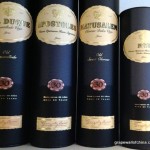
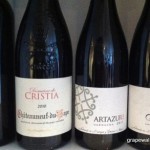
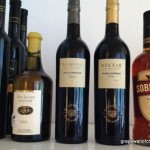
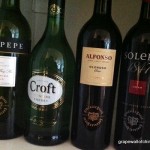
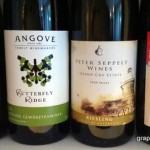
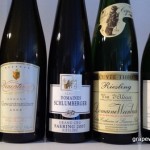
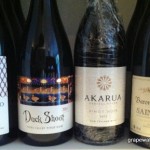
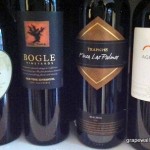

The Loop is an exciting addition to the Beijing wine scene. It is also particularly commendable that the owner wants to combine good wine with good food by hosting cooking and tasting classes. After all, no good wine can leave one with a lasting impression unless it is paired with good food.
I am looking forward to visiting The Loop when I visit Beijing next time!